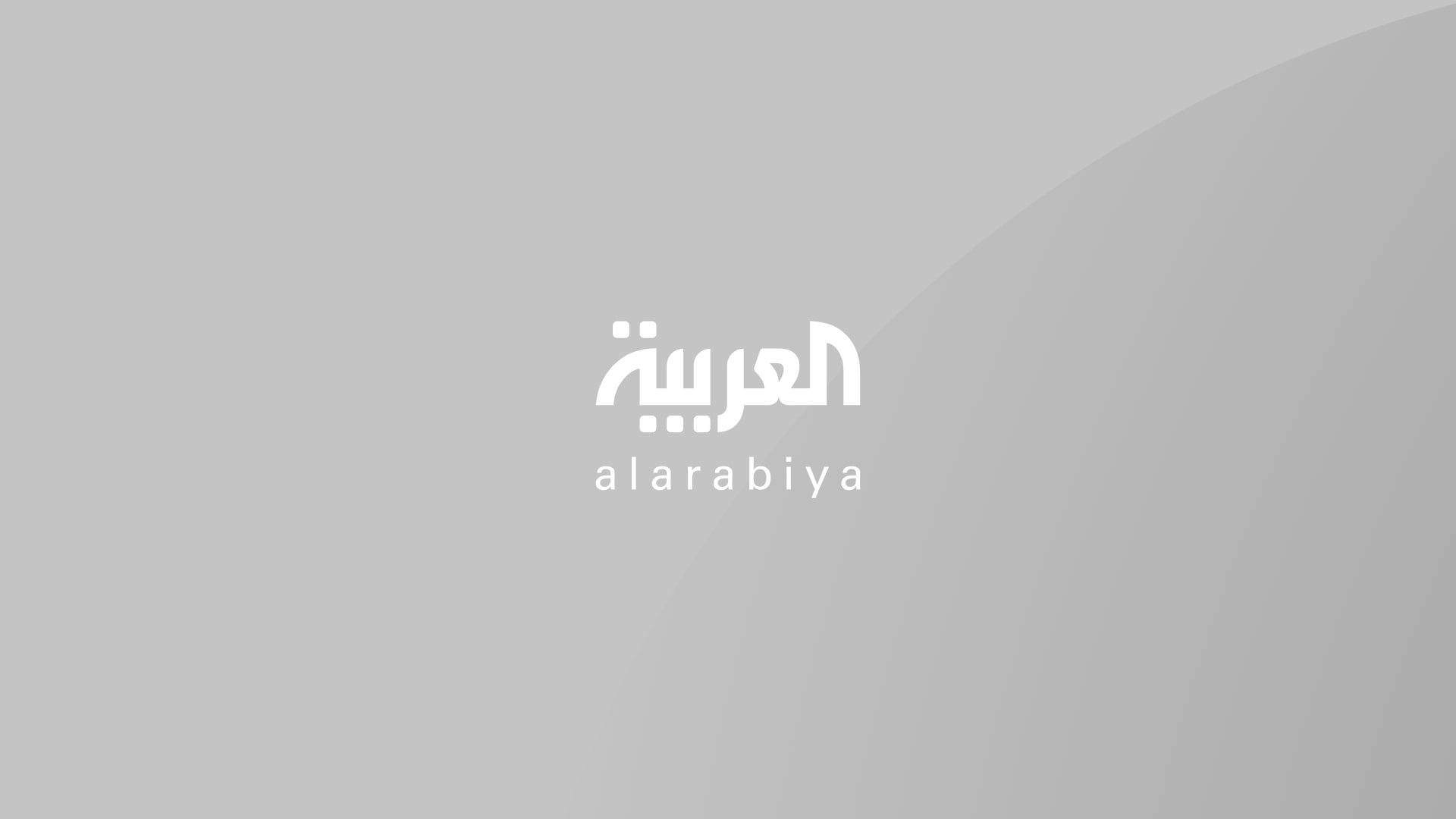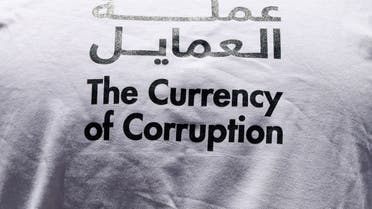Lebanese campaign protests Lollars as currency of corruption
On a freshly printed 100 Lollar note, a painting of the Beirut Port silos exploding is detailed, with “The Currency of Corruption” emblazoned in the corner. At a glance, one might mistake the bill for real, valid currency, but the note is Monopoly money: worthless.
In a new anti-corruption campaign, last week the Lebanese Transparency Association (LTA) sought to remind people that Lollars are not a real currency by printing bills and testing them as legal tender.
Under the hashtag #NotPayingthePrice, the LTA’s campaign involved printed Lollar bills in six denominations from a custom ATM, seeking to highlight the ongoing injustice in Lebanon’s financial sector and protest the normalization of the Lollar.
For all the latest headlines follow our Google News channel online or via the app.
“This crisis is a direct result of abusing depositors’ trust in safekeeping their money stored in US dollars in Lebanese banks and seizing them beyond recovery,” LTA chairman Mosbah Majzoub said. “Based on the LTA’s anti-corruption and promotion of transparency principles, including accountability, advocating for fair governance and respecting the laws stipulated in the Lebanese constitution…this campaign is our direct attempt against the biggest Ponzi scheme in the history of Lebanon.”
A Lollar – a term coined by economist Dan Azzi referring to a ‘Lebanese Dollar’ – is an arbitrary exchange rate used by the Central Bank.
The Central Bank can withdraw new dollars coming into the country without issue. Still, dollars already in circulation – including all foreign currency accounts predating the 2019 financial collapse – can only be withdrawn in lira at the Lollar exchange rate.
First introduced in 2020, the Central Bank allowed depositors with dollar accounts to withdraw at a rate of LL 3,900. In December 2021, the rate was increased to LL8,000, representing an over 70 percent haircut. The official rate remains set at the pre-crisis LL1,507.

Earning in Lollars has become the new normal for many Lebanese citizens in the last two years, despite prices of essential commodities continuing to climb, reflecting the actual parallel market rate, which sees the dollar edging closer to LL30,000 once more.
“[Lollars are] the currency of corruption, and for the past two years, we’ve been seeing this nomenclature in several articles, several politicians stating using this term, and people are getting used to it. It is not a currency, and we refuse for it to become a currency,” Majzoub told Al Arabiya English. “We don’t accept any distinction between our [foreign] currencies locked in the banks and fresh currency. There’s no ‘small depositor’ and ‘big depositor;’ we do not accept these terminologies.”
The campaign’s six Lollar bills were available at the LTA’s ATM on May 13 in Beirut’s Raouche, Sassine and Dora areas. A virtual version has also been launched for those who could not make it to an ATM, allowing people to print their own bills or send them to others through social media.
Each bill features artwork by British painter Tom Young, capturing a case of corruption by the Lebanese government in different sectors, including transportation, environment, electricity, and civil service mismanagement.
The one Lollar bill depicts a rusted train at the former Tripoli Mina station – one of many dotting the country in decaying states of disrepair that were once part of a prosperous rail system linking Europe to the Ottoman Empire.
Despite Lebanon’s railways being inoperable since 1989 and left to rot, the government still allocates a LL 13 billion budget for the wages of 300 employees at a redundant railway administration department.
The five Lollar bill signifies the crippling gasoline shortages in 2021 due to the lifting of fuel subsidies and the Central Bank ceasing credit lines for importers. Fuel cartels began selling gasoline on the black market, and endless queues at gas stations blocked streets nationwide.
Lebanon’s recurring garbage crisis and poor waste management mark the 10 Lollar notes. The burning cedar forests highlight a 20 Lollar bill. It is represented by unmaintained firefighting equipment worth $14 million.
“For the 50 Lollars, you can see the problem of the electricity where 24/7 you’re getting almost zero electricity, although we spend a third of our debt - $43 billion - for having electricity, but still till now we only have candlelight,” Majzoub said. “On the 100 Lollar, you can see the Beirut Blast, which is the biggest case of corruption that killed several hundred people and left thousands displaced with lots of catastrophic results.”
On the back, a modified rendering of the Central Bank building - reimagined with other architectural icons to avoid legal issues - is printed and newly dubbed the Lollar Bank.
On Friday, LTA members encouraged people to take their printed Lollars to governmental organizations, restaurants, and shops, to attempt to use them as legal tender for purchases. Videos on social media show people taking the bills to banks to try and cash them into their Lollar accounts. They are turned away.
The LTA said the campaign is not linked to the parliamentary elections, but the attention-grabbing stunt took place two days before voting day on May 15 and is likely to turn a few heads as citizens consider their choices. The campaign will remind us that the established parties running once again are the same politicians responsible for the scenes painted on the Lollar bills.
Majzoub said that they intend to further the campaign in the future by taking the ATM to other areas of Lebanon and by holding an exhibition of the bills and related artwork at a later date.
Read more:
US holding up energy deal between Egypt and Lebanon: Ambassador
Lebanon cenbank says to continue selling dollars at Sayrafa rate ‘without amendment’
MPs charged over Beirut blast re-elected, troubling families of victims
